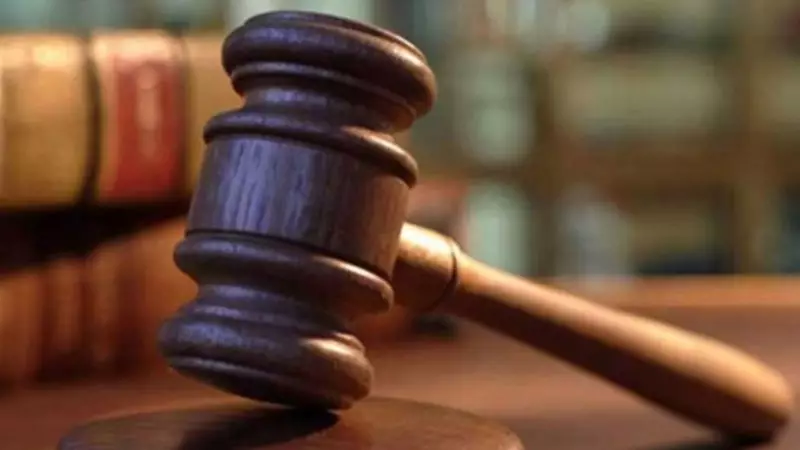
In a significant development that highlights the challenges facing India's judicial system, the Bombay High Court has granted bail to one of the accused in the high-profile Govind Pansare murder case. The decision comes after the accused spent nearly seven years behind bars without the trial reaching its conclusion.
Justice in the Balance: Court's Stern Observations
The bench, comprising distinguished justices, didn't mince words while addressing the concerning delays in the case. The court explicitly noted that even if the trial proceeds day-to-day from this point forward, it would still require substantial time to reach a verdict, making continued detention without conviction increasingly difficult to justify.
The Human Cost of Judicial Delays
This case brings to the forefront a critical issue plaguing the Indian legal system: the extensive periods accused individuals spend in custody while awaiting trial completion. The six to seven years of incarceration without resolution raises important questions about the pace of justice delivery and its impact on all parties involved.
Background: The Govind Pansare Murder Case
Govind Pansare, a prominent left-wing activist and rationalist thinker, was shot in Kolhapur in February 2015 and succumbed to his injuries days later. The case has drawn national attention and parallels other high-profile murders of activists and rationalists across Maharashtra.
The investigation has been complex, with multiple agencies involved and several arrests made over the years. The slow progress in court proceedings has been a point of concern for both the victim's family and legal observers tracking the case.
Legal Precedent and Future Implications
The court's decision to grant bail sets an important precedent in cases where trials face inordinate delays. Legal experts suggest this ruling could influence similar pending cases where accused individuals have spent extended periods in judicial custody without trial completion.
As the legal proceedings continue, all eyes remain on how quickly the trial can now progress and whether this development will accelerate the long-awaited pursuit of justice in this controversial case.





